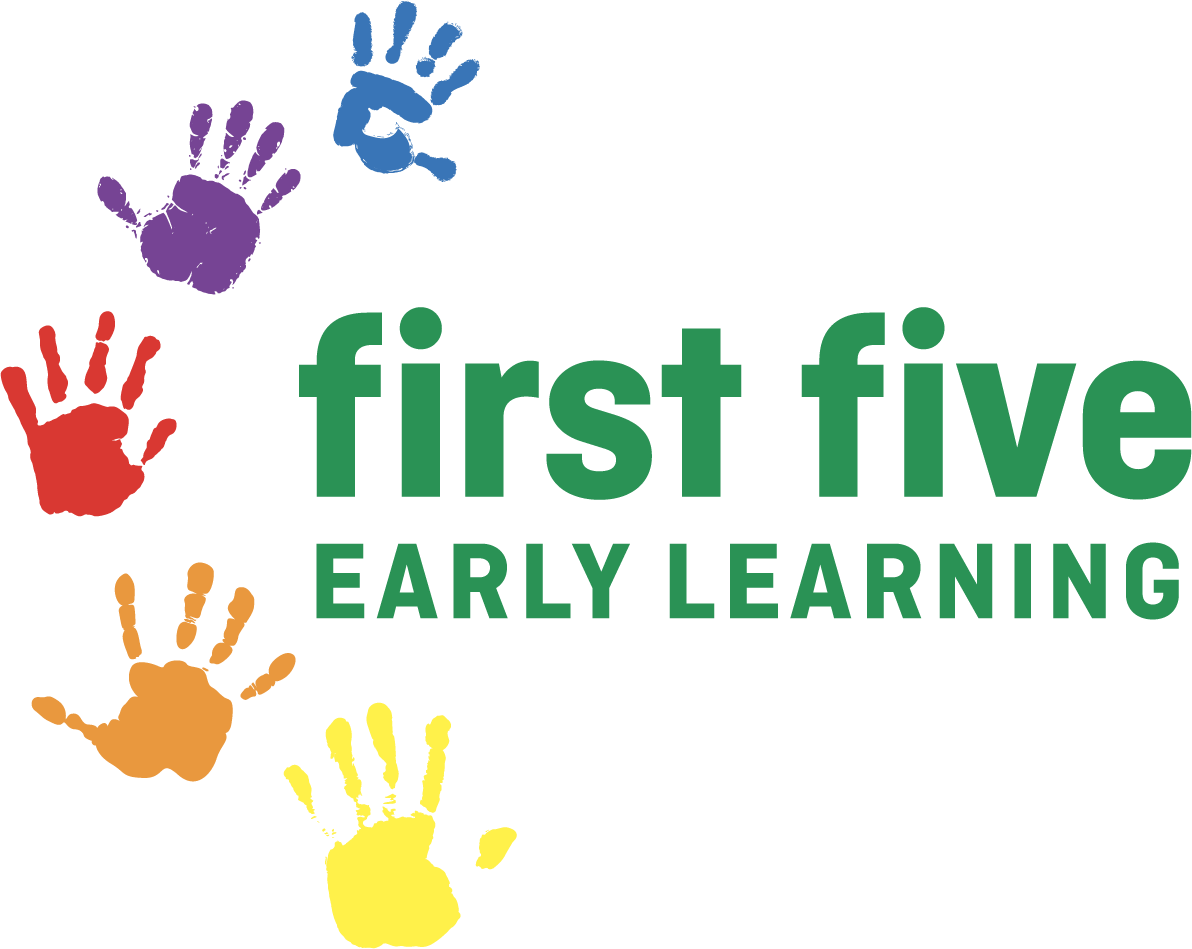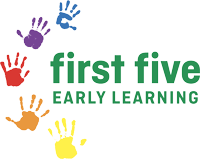There are five foundational skill sets which support children’s transition to school or school readiness. Physical, social and emotional skills, along with oral language skills and dispositions for learning develop from birth.
Across all age groups, children are developing foundational skill sets which, in time, support their transition to school. In the 3-4 years and kindergarten rooms, a focus on the five foundational skill sets is expanded to ensure we are supporting preparedness for the centre-school transition.
PHYSICAL
Fine and gross motor skills help prepare children’s bodies for the physical demands of a school day. For example, when handwriting, children need core strength to sit upright for long periods, tracking ability with their eyes to space and locate words on the page, and shoulder strength and finger dexterity to manipulate a pencil. Across the day, children also need well developed fine and gross motor skills for independent self-care, sitting or standing for long periods, managing lunch box items, and engaging in physical activity and sports. In the years prior to school, we focus on building children’s strength and dexterity. You can observe this in our program through repeated opportunities for gross and fine motor experiences including dancing, climbing, balancing, running, skipping, ball games, loose parts play, block building, Lego, puzzles and art-making.
SOCIAL
Getting along with peers and adults, forming friendships and working collaboratively all contribute to children’s positive experiences of being at school. As group learning environments, early childhood education and care settings support children to develop foundational social skills from infancy, with repeated opportunities to connect with peers and adults outside the home, develop strategies to enter play or invite others to play, collaborate, negotiate conflicts, and develop empathy for others’ perspectives and feelings. You can observe this in our program through collaborative play, babies smiling and reaching out to other babies across the day, children working on projects in smaller or larger groups, children taking turns in games with rules, along with transitions between learning experiences and environments.
Emotional
From Birth-5 years, children are supported by trusted adults to co-regulate their behaviour. Adults model appropriate emotional responses and support children to develop a language to describe their feelings and responses to familiar and new situations. Co-regulation can only occur when children feel secure in their relationships with educators and experience predictable, responsive and supportive environments. Effective co-regulation strategies adapt as children grow, with children of all ages experiencing self-efficacy and confidence to practice new skills and learn through trial and error. As they transition to school, children move toward self-regulation skills which are critical to being productive learners and developing and maintaining friendships. Self-regulation is dependent on the quality of co-regulation a child experiences in the first five years.
Oral language skills
Speaking and listening lead the way for reading and writing. In preparation for school, children need to be able to use language to express themselves, ask questions and communicate with others. They also need to comprehend what is being said to them to take in curriculum content, follow instructions and understand what others are communicating. Strong oral language and listening skills provide the basis for learning to read and write at school. In the years prior to school, we focus on children’s oral language development – their ability to speak, listen, comprehend and hear the sounds of language. You can observe this in our program through repeated opportunities for children to engage in shared book reading, rhyming, singing, taking on the role of storytellers, dramatic play, and rich conversations with peers and adults.
Dispositions for learning
Learning requires children to be curious and attentive. In preparation for school, children need to see themselves as confident, involved learners who are curious to learn more. Play is the most important vehicle for young children to develop dispositions for learning because it enables them to use their imagination and explore, discover and problem-solve. Resilience is fostered as children persist with practising familiar and new skills through play and explore multiple solutions to problems. Responsibility is fostered across the day as children take active roles in everyday routines, and care for each other and their environments.



